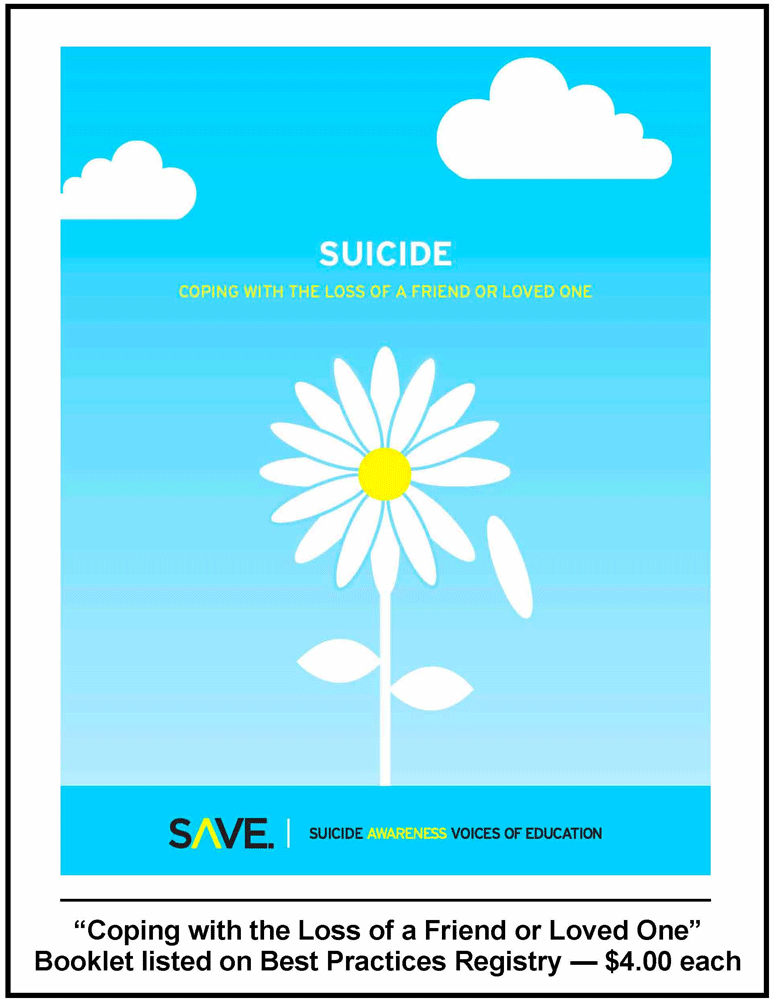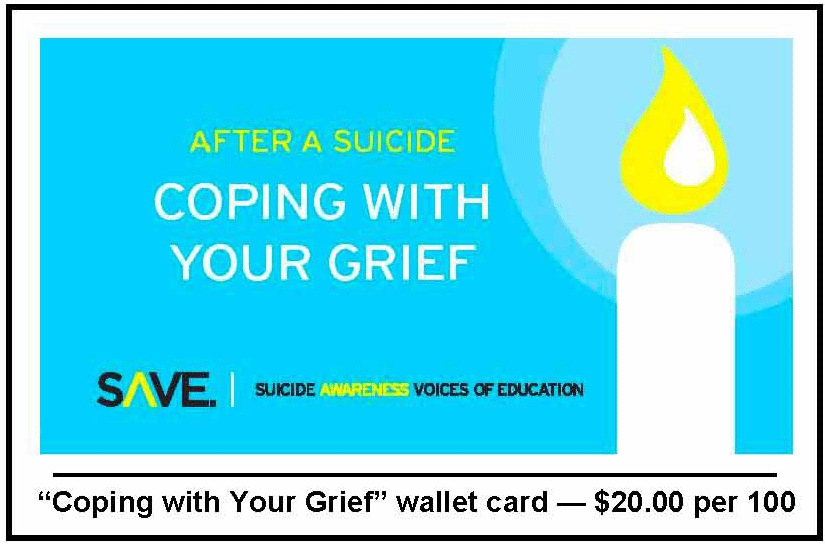Consider the Definition of 'Empowerment'
Caregivers regularly use the term empowerment to describe an outcome they'd like to see realized by people whom they are assisting. Because usage of the term is widespread -- even as the word itself may mean different things to different people -- we are outlining, for the consideration and comment of our readers, key points from two articles on empowerment from two different perspectives.
- One is from a scholarly article by Mann Hyung Hur from the Journal of Community Psychology and titled "Empowerment in Terms of Theoretical Perspectives: Exploring a Typology of the Process and Components across Disciplines."
- The other is from a longtime mental-health consumer advocate, the late Judi Chamberlin, whose essay "A Working Definition of Empowerment" is available from the National Empowerment Center.
Mann Hyung Hur identified these components of individual empowerment:
- Meaning (a person's role is in sync with his or her values, beliefs, and behavior)
- Competence (a person is able to accomplish the tasks he or she faces)
- Self-determination (a person has autonomy and control over what he or she does)
- Impact (a person can exert influence "to make a difference" in the environment or system in which he or she functions)
"The goal of individual empowerment" according to Mann Hyung Hur,
is to achieve a state of liberation strong enough to impact one's power in life, community, and society.
Judi Chamberlin, working with "a group of a dozen leading U.S. consumer/survivor self-help practitioners," defined empowerment as a "complex, multidimensional concept ... [that is] a process rather than an event," which includes these characteristics (a person need not exhibit all of the characteristics to be considered as empowered):
- Having decision-making power.
- Having access to information and resources.
- Having a range of options from which to make choices.
- Assertiveness.
- A feeling that the individual can make a difference (being hopeful).
- Learning to think critically ... [especially by]
- Learning to redefine who we are.
- Learning to redefine what we can do.
- Learning to redefine our relationships to institutionalized power.
- Learning about and expressing anger.
- Not feeling alone; feeling part of a group.
- Understanding that people have rights.
- Effecting change in one's life and one's community.
- Learning skills ... that the individual defines as important.
- Changing others' perceptions of one's competency and capacity to act.
- Coming out of the closet [i.e., being open about one's diagnosis or challenges].
- Growth and change that is never ending and self-initiated.
- Increasing one's positive self-image and overcoming stigma.
In addition to empowerment for individuals, Mann Hyung Hur also discussed collective empowerment, which "can be synthesized into five progressive stages":
- Existing social disturbance (with "a sense of powerlessness" causing the social disturbance)
- Conscientizing (which means that "people have to gain an awareness of their limited power and the potential to change the circumstance")
- Mobilizing (which "entails being assertive and taking more agressive action in the face of opposition and open conflict")
- Maximizing (which involves sharing power "with increasing numbers of people" to the point where "empowerment becomes circular in nature")
- Creating a new order ("societal aspects of oppression and stratification [are] transformed into a new social system")
"The goal of collective empowerment," according to Mann Hyung Hur,
is to establish community building, so that members of a given community can feel a sense of freedom, belonging, and power that can lead to constructive social change.
- Franklin Cook's blog
- Log in to post comments






Recent comments